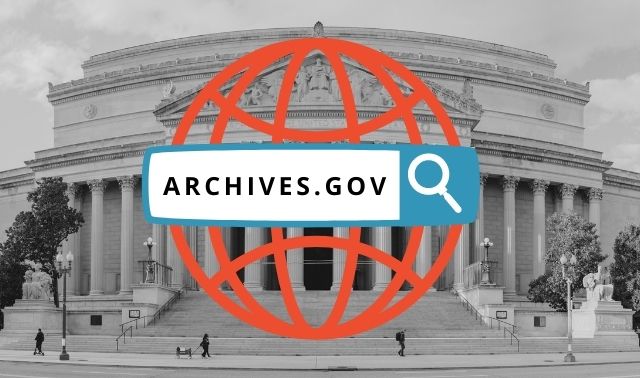Sign up for the Family Tree Newsletter Plus, you’ll receive our 10 Essential Genealogy Research Forms PDF as a special thank you!
Get Your Free Genealogy Forms
"*" indicates required fields

1. Plan ahead
Do your homework before a research trip. That means deciding exactly what you want to find out while you’re there. Then search the library’s catalog online, so you know precisely what you need when you arrive. If you’re going to the Family History Library, call at least three days in advance to be sure the microfilms you need are stored on site. If they’re not, you’ll need to request them.
Take printouts of catalog entries to the library so you don’t waste time rechecking the catalog. You also should take a binder with copies of pedigree charts, family group sheets and other resources that might aid your research. Don’t take the originals, in case you misplace them, and do label your binder with your name and phone number.
2. Look beyond the genealogy section
Other library departments could have useful materials, and the resource you’re seeking might not be where you expect. For example, to access the Library of Congress’ microform collections of US city directories, telephone directories, local histories and genealogies, you’ll have to leave the Local History and Genealogy Reading Room and visit the Microform Reading Room instead.
3. Talk to the librarians
With many libraries keeping at least a small percentage of materials in closed stacks, you might be missing a potentially helpful resource. Some libraries have uncataloged vertical or lateral file collections of patrons’ genealogical research, too.
4. Consider donating your time and your research
If you’re interested in donating materials such as compiled family histories, photocopied records, genealogical charts, reference books, journals and periodicals, and historical publications, most genealogical libraries would be happy to hear from you. Many libraries rely largely on donations to keep their collections growing, and they’ll accept a wide variety of donated materials.
ADVERTISEMENT




